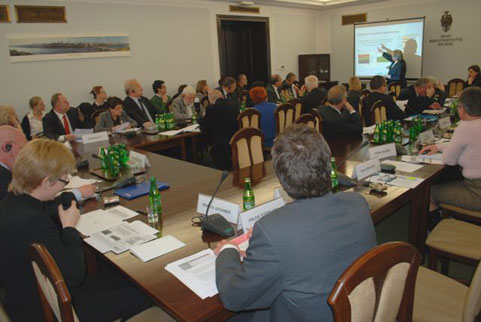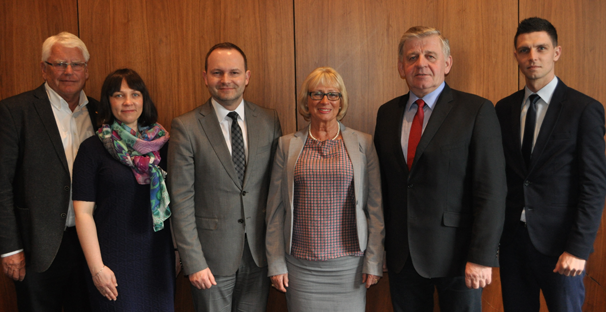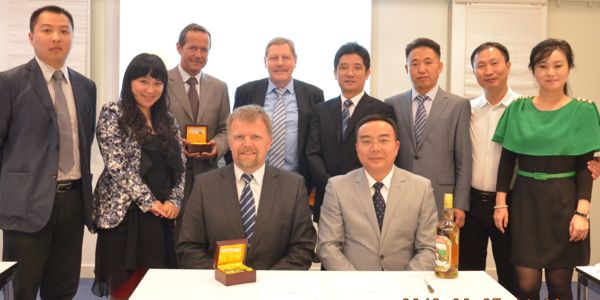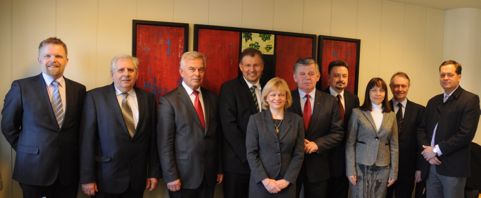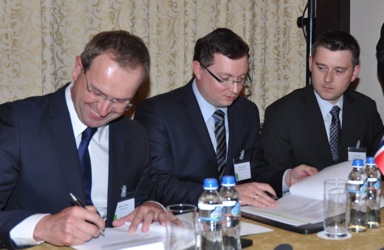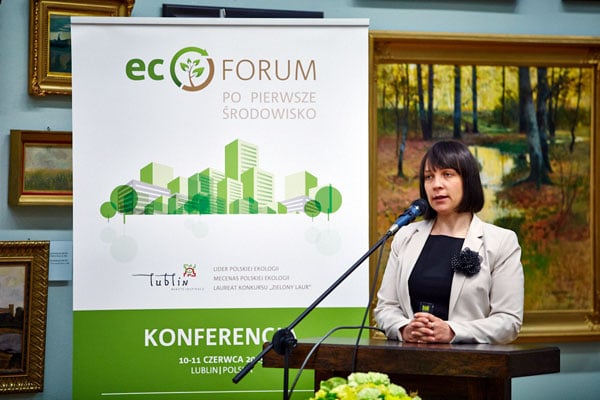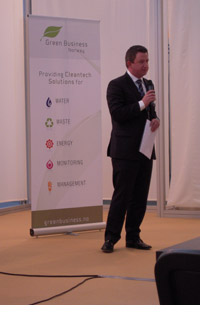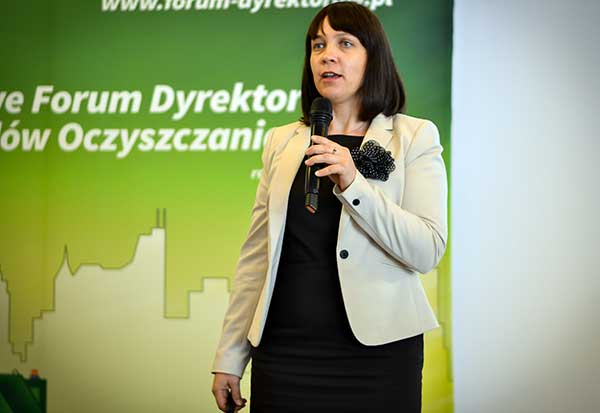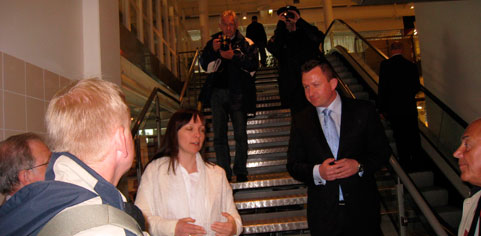Partners from the Circular Based Waste Management project travelled to Scotland to learn about social initiatives and charities whose circular practices address social issues such as homelessness and poverty.
The initiatives are all supported by Circular Communities Scotland which consists of members from the community sector, including repair, reuse, and recycling charities and social enterprises. The idea that community involvement is crucial for meaningful change to occur is at the heart of its activities. Its vision is to empower local communities in Scotland to establish a circular economy.
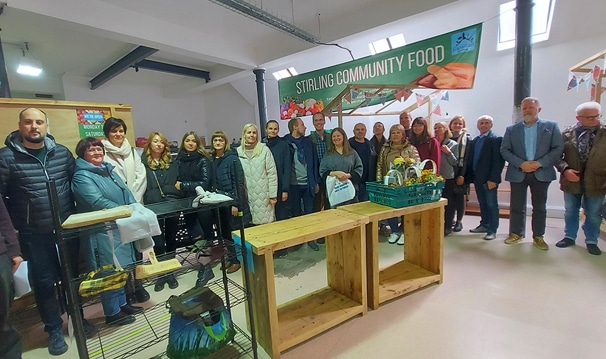
It does so by supporting and representing organizations involved in reuse, repair, recycling, and sharing libraries and by serving as a bridge providing support, training, and resources to help the sector grow. Members can participate at events for networking and learning, as well as conferences and technical workshops. The organization also raises awareness of the sector’s needs and impact and facilitates information sharing and recruitment. Circular Communities Scotland assists with development and provides advice on setting up, growing, and scaling projects, and can offer grants for financial assistance.
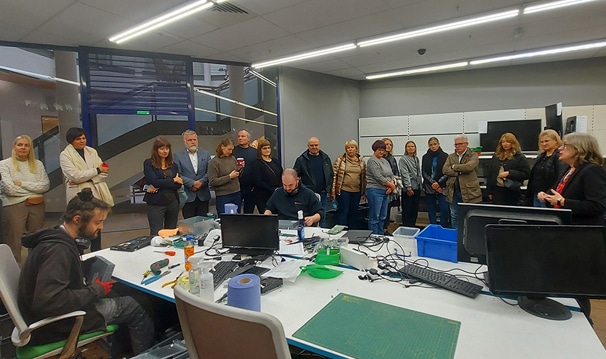
The organisation is funded by the Scottish Government and Zero Waste Scotland, but they have diversified their income through trading, sponsorships, paid memberships, and paid consultancy work. This extra funding allows them to offer more value to those who need their services.
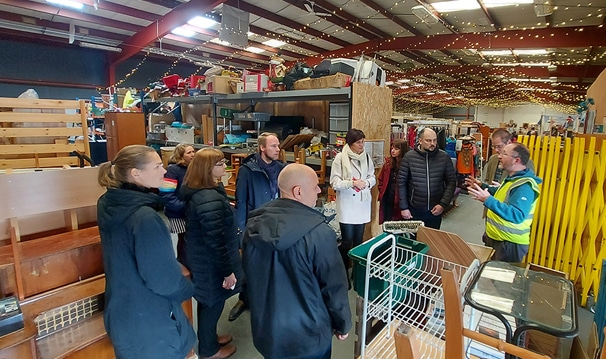
The initiatives visited include:
Fresh Start, a community hub that provides starter packs consisting of everyday items needed to help people out of homelessness and prevent from going back into it.
Edinburgh’s Furniture Initiative – EFI at FourSquare, a large furniture reuse project supporting homeless people or at risk of becoming homeless.
Move On Wood Recycling, where different types of waste wood (mainly from construction sites) are collected and turned into furniture and woodworking training is offered.
Edinburgh Remakery, which aims to educate about repair and reuse, particularly about electronics items. They also sell refurbished electronic items.
The Reuse Consortium, consists of 12 of the largest reused furniture members which have become approved suppliers for authorities and housing associations eliminating this way the need to go through a tender process when purchasing furniture.
The Tool Library, a library for borrowing tools.
The Community Food Project, which has agreements with food producers to give them unwanted food items so they can be distributes to charities.
Stirling Reuse Hub, a large facility where people can drop off items they no longer need. At the facilities, furniture is also upcycled, a wood workshop is available and training is offered on practical skills such as repair and woodworking.
Zero Waste Scotland, the main funding body of Circular Communities Scotland and responsible for creating and implementing circular economy policies.
The Revolve accreditation, a Scottish national reuse quality standard for reused items.
Recyke a Bike, a charity where bicycle are recycled and training is offered to people that want increase their employability through acquiring new skills.
The Circular Based Waste Management project is funded by Iceland, Liechtenstein and Norway through the EEA and Norway Grants Fund for Regional Cooperation.
For more information about the study tour visit the project website here or contact thor@greenbusiness.no or maritsa@greenbusiness.no






















